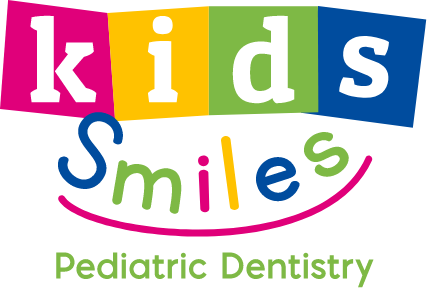Pregnancy causes a range of hormonal changes in a woman’s body. These hormonal effects can lead to some dental health problems, such as the increased risk of tooth decay, gingivitis (inflammation of the gums), and enamel damage from pregnancy-related vomiting. There are several things that you can do to protect your oral health during pregnancy.
Maintain Your Dental Hygiene Routines
Brushing twice a day and flossing once can fall by the wayside during pregnancy for many reasons, including morning sickness, a more sensitive gag reflex, tender gums, and exhaustion. It’s important to keep up your routine as poor habits during pregnancy have been associated with premature delivery, intrauterine growth restriction, gestational diabetes, and preeclampsia. It is especially important to brush before bed because the mouth produces less saliva at night, leaving your teeth more vulnerable to cavity-causing bacteria.

Work To Reduce Morning Sickness
As the acidic vomit that occurs during morning sickness can cause damage to your tooth enamel, there are steps you can take to reduce your nausea. Drinking ginger tea or taking other steps as advised by your doctor will help make pregnancy more pleasant and protect your teeth. We advise rinsing your mouth well with water and baking soda if vomiting does occur in order to neutralize the acid.
Drink Tap Water
Drink tap water daily. Many communities in the U.S. add fluoride to their drinking water, making it an even better choice. Most brands of bottled waters have little or no fluoride. Limit or avoid sodas, “energy drinks,” acidic drinks, and sugary beverages.
Avoid Some Dental Treatments
Make and keep your regular dental appointment. Getting a dental exam will help to identify any oral health problems, so you can get treatment and guidance. Cosmetic dental work is best left until after pregnancy.
Share News About Your Pregnancy With Your Dentist
It is important that your dentist know that you are expecting so that he or she can best advise and treat you. Your dentist also needs to protect your baby from potentially harmful medications and be shielded from radiographs.
Talk to your dentist or doctor about ways to prevent or manage any dental problems. Tooth decay is preventable, even after the decay process has started. Follow these guidelines and your good oral health can help your baby have a healthy start.


